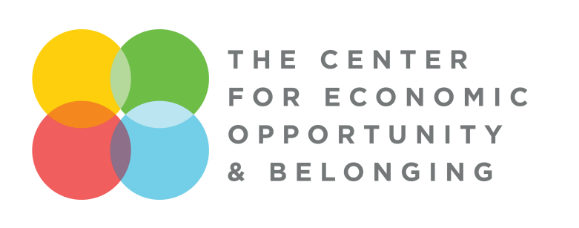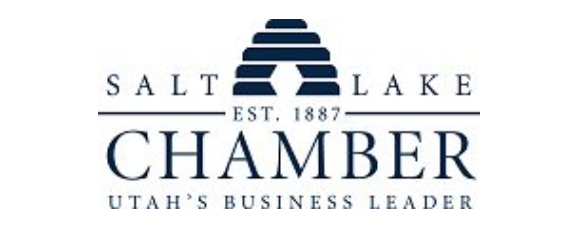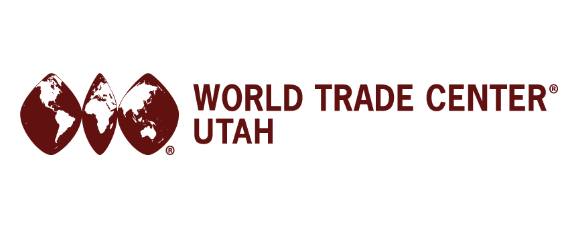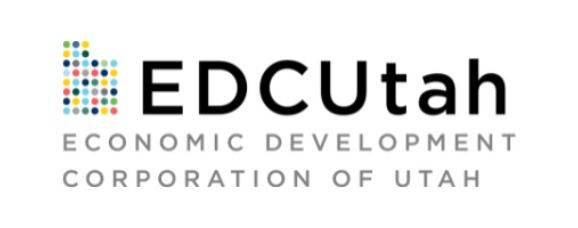The Utah State Legislature created the Utah Immigration Assistance Center during its 2021 general session with the passage of H.B. 404. In the 2023 legislative session, its name was later changed to the Utah Center for Immigration & Integration to reflect the broader immigrant integration strategies and the opportunities for immigrants to contribute to the state's economic advancement with S.B. 53.
The Utah Center for Immigration & Integration (The Center) assists individuals and businesses in navigating pathways to recruit and retain global talent. It also engages with state and federal government partners to convene, facilitate, and advise on immigration policy and strategies that promote economic opportunity for New Americans or foreign-born individuals living in Utah.
New Americans are vital in Utah’s fast-growing and robust economy and most in-demand fields. New Americans, or any foreign-born individual, arrive in Utah for various reasons, such as refugees fleeing conflict, families reuniting after years of separation, parents seeking a better life for their children, students pursuing their education, or workers seeking to fill an occupation or profession.
- 272,134 immigrants in Utah or 8.5% of the population
- Tops countries from Mexico, India, Venezuela, Brazil and Canada
- Immigrants contribute $613M in state and local taxes and $1.1B in federal taxes
- Close to 10% of immigrants are entrepreneurs in Utah, and 8.5% of homeowners
One of the center's initiatives is the state's New Americans Taskforce, led in partnership with The Center for Economic Opportunity and Belonging, to maximize the economic opportunities, social inclusion, and civic potential for New Americans while reinforcing an environment of belonging in Utah. The Center convenes over 175 stakeholders statewide representing nonprofits, businesses, industry associations, state and local government, faith-based communities, and individuals to inform on opportunities related to immigration in the state and for task force members to make recommendations on issues related to integration, with an emphasis on workforce and economic opportunity for all.
Last year, the New American Task Force hosted four convenings in Salt Lake, Ogden, Moab, and St. George. In March 2023, the Task Force brought together national partners and local practitioners on immigrant integration for a symposium in Logan, Utah.
For more information on the New Americans Task Force, read the 2022 report and recommendations here.




- While the immigrant population is growing along with the other changing demographics in Utah, immigrants are more likely to be of prime working age and have a higher labor force participation rate than U.S.-born residents.
- Immigrants comprise 12.8% of physicians, 18.7% of manufacturing workers, 10% of other STEM industries, and over 20% of other essential industries like service, food, warehousing, and travel.
- The New American Task Force surveyed over 6,500 internationally trained professionals and Utah newcomers to help identify ways these workers can contribute to Utah’s workforce. Over 80% of respondents held a bachelor's degree from their home country and averaged over 11 years of experience.
In Utah, nearly 60,000 individuals are eligible to become naturalized citizens. When New Americans naturalize, they earn higher wages, can access better jobs, and vote. People set down roots where they naturalize and become more active community members through home ownership and civic engagement.
In 2023, the Utah Center for Immigration & Integration was awarded a grant from USCIS to build innovative strategies to deliver citizenship resources around the state—link here for the announcement.
Immigration legal services and assistance are critical for businesses seeking to recruit and retain international talent and ensuring existing immigrants can access resources to maintain work authorization, lawful permanent residency, and naturalization.
- American Immigration Lawyers Association | Lawyer Directory
- Simple Citizen | Visit Website
- US Journey Immigration Services | Visit Website
- Trujillo Acosta Law | Visit Website
- Fragoman | Visit Website
- Catholic Immigration Services | Visit Website
- No More a Stranger | Visit Website
- Holy Cross Ministries | Visit Website
- Communidas Unidas | Visit Website
- International Rescue Committee | Visit Website
- Moab Valley Multicultural Center | Visit Website
- Timpanogos Legal Center | Visit Website
To support businesses and individuals seeking legal assistance, the center seeks to establish a broader referral network with immigration legal assistance providers and to produce a legal services guide for businesses and individuals in Utah seeking immigration legal assistance.
Please complete this form to have your information included as a referral source for businesses and individuals seeking immigration legal services.